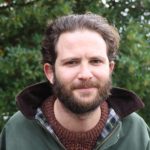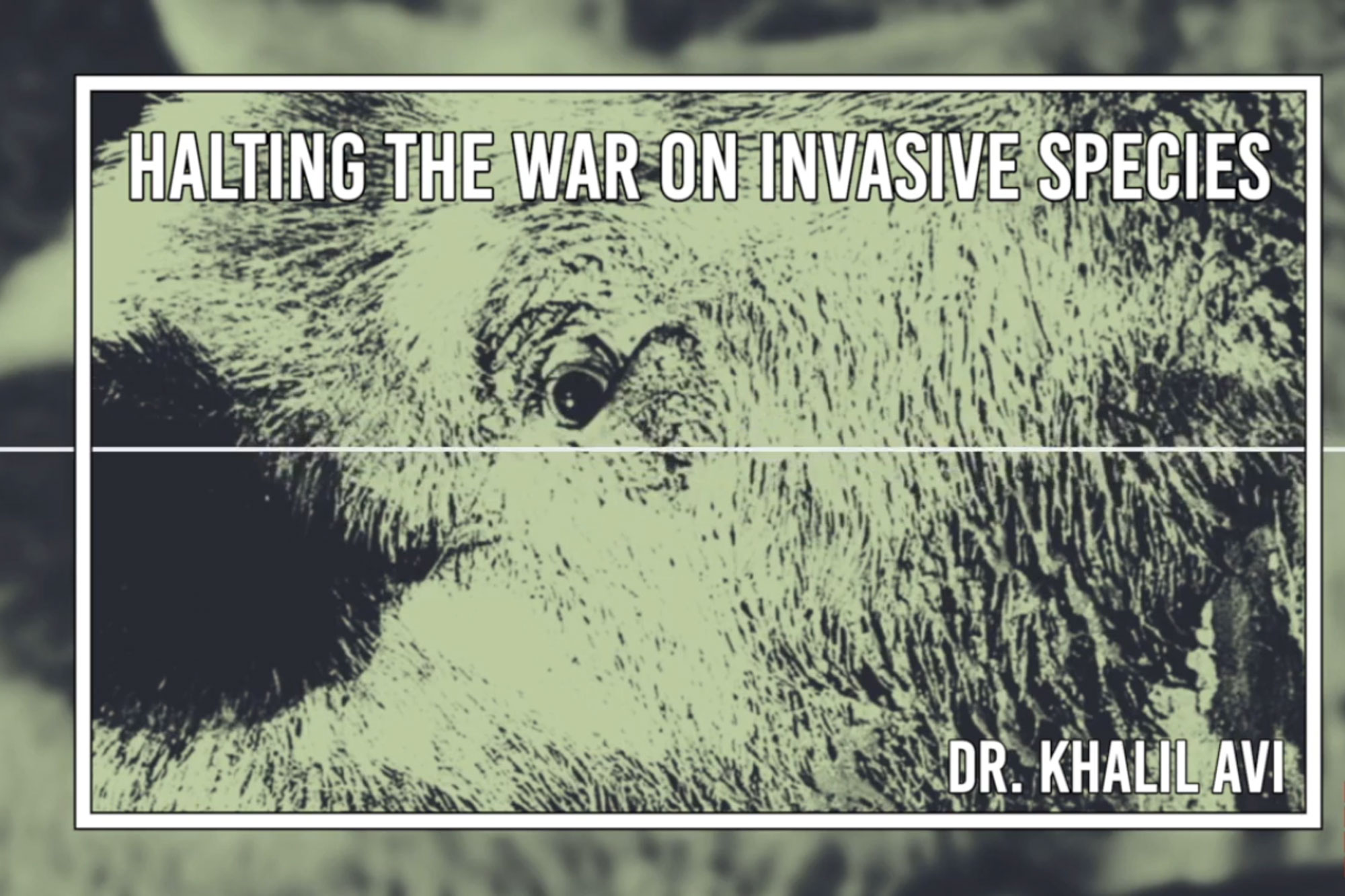Research Associate Dr Khalil Avi Betz-Heinemann has had his article Don’t Shoot the Messenger: Invasive Species and Halting Biodiversity Loss in the magazine Gods and Radicals, on what climate movements’ demands, such as those of Extinction Rebellion, might mean in practice. He focuses on the case of invasive species to explore this pressing question. A video version of the article can also be found here.
As a consequence, US-based podcast Last Born In the Wilderness, who have recently had Clare Farrell (co-founder of Extinction Rebellion) and Noam Chomsky as guests on the show, invited Khalil Avi to explore the topics he raised in his article further.
“Avi addresses some of the underlying (colonialist, nationalist, and provincial) assumptions that surround the efforts to halt biodiversity loss in our age of abrupt climate change and environmental catastrophe. He challenges our notions of what it really means to halt biodiversity loss, in particular when it comes to the widespread practice of eliminating so-called invasive species in their respective environments as a means of addressing this crisis. As global climate disruption forces biological life to rapidly adapt to the changing environment, our efforts to halt biodiversity loss should include abandoning our unexamined and deeply-held assumptions of what our responses to the environmental crisis should be.” The full podcast can be listened to here.
A listener of the show, Elliot Robinson, who works in land restoration in New Orleans, dropped Last Born In The Wilderness a line regarding this episode and posed a question regarding how to deal with a particular “invasive species” in his work. Khalil Avi contacted practitioner and author of Beyond the War on Invasive Species Tao Orion to provide her expertise in answering Elliot’s question and together they participated in a follow-up podcast.
 Khalil Avi’s latest public engagement builds on his invitation to participate in the Bewildering Boar project based in Czechia (2018, 2019) alongside Visiting Scholar Dr Juan Martín Dabezies and the research network he founded on Hunting Studies.
Khalil Avi’s latest public engagement builds on his invitation to participate in the Bewildering Boar project based in Czechia (2018, 2019) alongside Visiting Scholar Dr Juan Martín Dabezies and the research network he founded on Hunting Studies.

